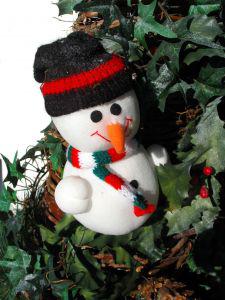According to the American Association for Clinical Chemistry, “In the general population, the lifetime risk of developing breast cancer is approximately 12% and the lifetime risk of developing ovarian cancer is about 1.4%. The risks increase with age.”
So how can you tell if you are at risk for breast cancer? One way is through a BRCA test.
What is a BRCA test?
There are a variety of BRCA-1 and BRCA-2 mutations present in individuals around the world, and a BRCA-1 and BRCA-2 test is used to detect various mutations in the genes. Some of these mutations are seen in individuals who have a high risk of developing breast and ovarian cancer. If you have a relative who has been diagnosed with breast or ovarian cancer, you would be a good candidate to receive a BRCA test to determine if you carry the same gene mutation. However, a BRCA test is not recommended for the general public. It is only recommended for individuals who have a close relative(s) that has been diagnosed with breast or ovarian cancer, especially before the age of 50.
It’s important to note that there are options for individuals who receive a positive result on their BRCA test and there are ways to help prevent the onset of breast or ovarian cancer. Just because someone receives a positive result on their BRCA test, doesn’t mean they will definitely develop breast or ovarian cancer. The positive result means that they are at higher risk of developing these cancers.
It’s also important to note that if an individual receives a negative result from the BRCA test, this doesn’t completely rule out the development of breast or ovarian cancer in the individual for the future. This is because the BRCA test can only detect if a person has a hereditary breast cancer or ovarian gene mutation.
If you have more questions about breast cancer and testing for breast cancer, don’t hesitate to contact us.








